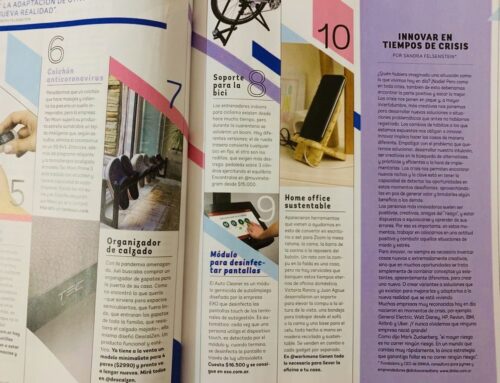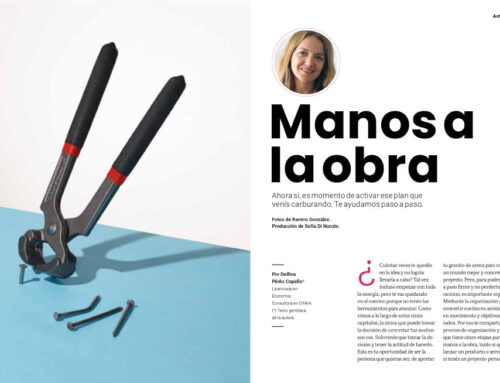GENERATIONAL CHANGE OF COMPANIES IN THE INDUSTRY PROFESSIONALIZATION OR SALES?
“The family must understand that the company needs to grow”
Laboratories, distributors and veterinarians face the challenge of their own transcendence. Consultants Cinthia Kaplun, Sandra Felsenstein and Darío Rubinsztein analyzed keys to take into account during the process.
There are four possible paths for the continuity of family businesses: 1) generational transfer, 2) the assignment of outside management, 3) sale or 4) simply the most absolute inaction.
Given these alternatives, it is clear that the last one is the one that should be avoided. However, making any of the other options requires an ongoing process of work and decision-making that should begin sooner rather than later.
Under that premise, the consultants Kaplan, Felsenstein and Rubinsztein took the stage at the 2019 Argentine Veterinary Industry Summit organized by MOTIVAR, to provide essential tools when advancing on the path of professionalization.
“The ideal time to professionalize a family business is always, but the most frequent is when the transition occurs between the founding partner and the second generation,” Kaplan highlights to the more than 400 attendees at CIVA 2019, many of them representatives of family businesses.
"An ideal time to start is when the creator of the company is looking for help, can't find it, and is wondering who to delegate to. Delegating implies giving power to others. If you manage to professionalize the organization at that moment, when your children enter the decision-making process, everything will be easier," adds Rubinsztein.
For Felsenstein there are many aspects to take into account within the organization that you want to professionalize and for that you have to define the roles of the people within it and make the direction clear, through specific objectives. At the same time, having measuring instruments such as the control panel and KPl to compare them with the objectives and know if we are doing well or if there are opportunities for improvement is key.
a winding road
“The first risk in the process of professionalization of a family business is the breakdown within the family between those who participate and those who do not,” says Rubinsztein. "Many can get angry when they are made aware that they are not up to the task. In this sense, you have to be very careful because there is an interdependence between family and business. At the same time, you must determine what the owner of the company prioritizes: whether the family, the business, or whether he prefers to walk the line between the two," he adds.
“In those cases where the children are not prepared to continue the company, we should evaluate the possibility of implementing a protocol, that is, a code of relationships, understanding as a protocol the final destination to reach, not without being reviewed periodically,” says Kaplun, daughter and successor of her father's legacy. And it expands. "There you can determine what requirements the family member who wants to be part of must meet and in which case they will not be able to join, how much they will earn, whether those salaries will be in line with those of the market, whether they will be for equality or equity. And for this you have to take the time because the founder's dream is at stake, which is for his company to grow."
For Felsenstein, founder of the DINKA consulting firm, a point that should not be overlooked is to clearly differentiate the fees of those who work in the company beyond the dividends they may receive for their shareholding in the company.
"They are not always aligned. Two partners can have the same participation, but completely different roles within the organization. Many times this is confused due to jealousy or other reasons and objectivity is not achieved. Measurements are fundamental to evaluate performance and there are always parameters to make the subjective objective," he says before a room full of the referents gathered on November 14 gathered by MOTIVAR in the City of Buenos Aires.
Along the same lines, Kaplun adds that we must have the courage to state in writing what happens if in-laws want to work in the company; In the same way that if a son falls in love with an employee, do they both stay, just one or neither? “In these types of issues it is defined that a business family can transform into a family business.”
For the founder of DINKA, work processes are fundamental: “scheduling meetings with minutes and that they take place within working hours and with a guide, is another recommendation to prevent topics from being carried over to the Sunday barbecue.”
Finally, Rubinsztein maintains that a protocol must be followed and it is a process that takes time. "There are advances and setbacks, but we must not let ourselves be carried away by discouragement due to disagreements, but rather find tools to seek the best solutions. The family must understand that the company needs to grow. Otherwise, a way out may be the sale, which is not exempt from a prior professionalization process to capture the greatest possible value," he analyzes in closing.








